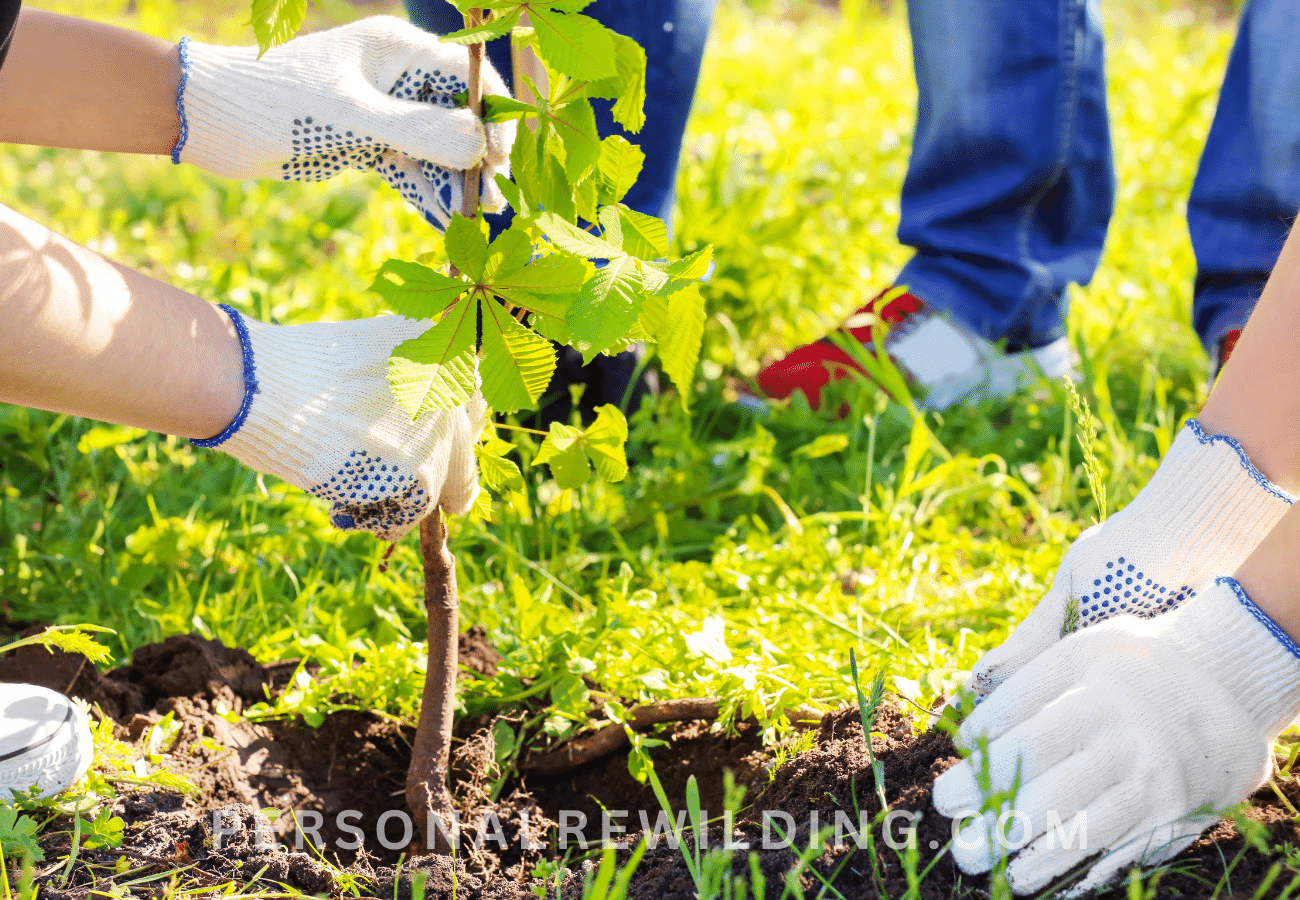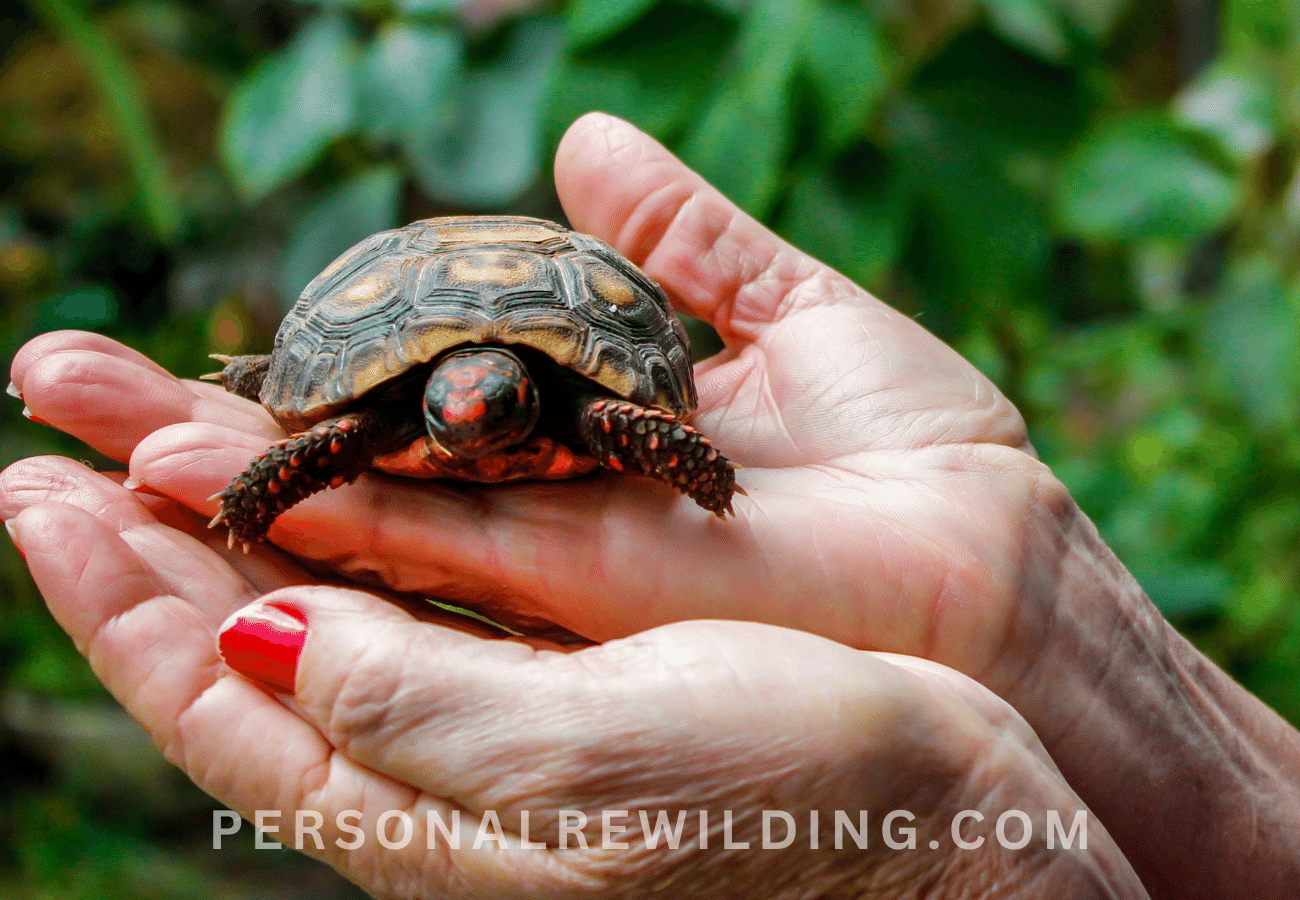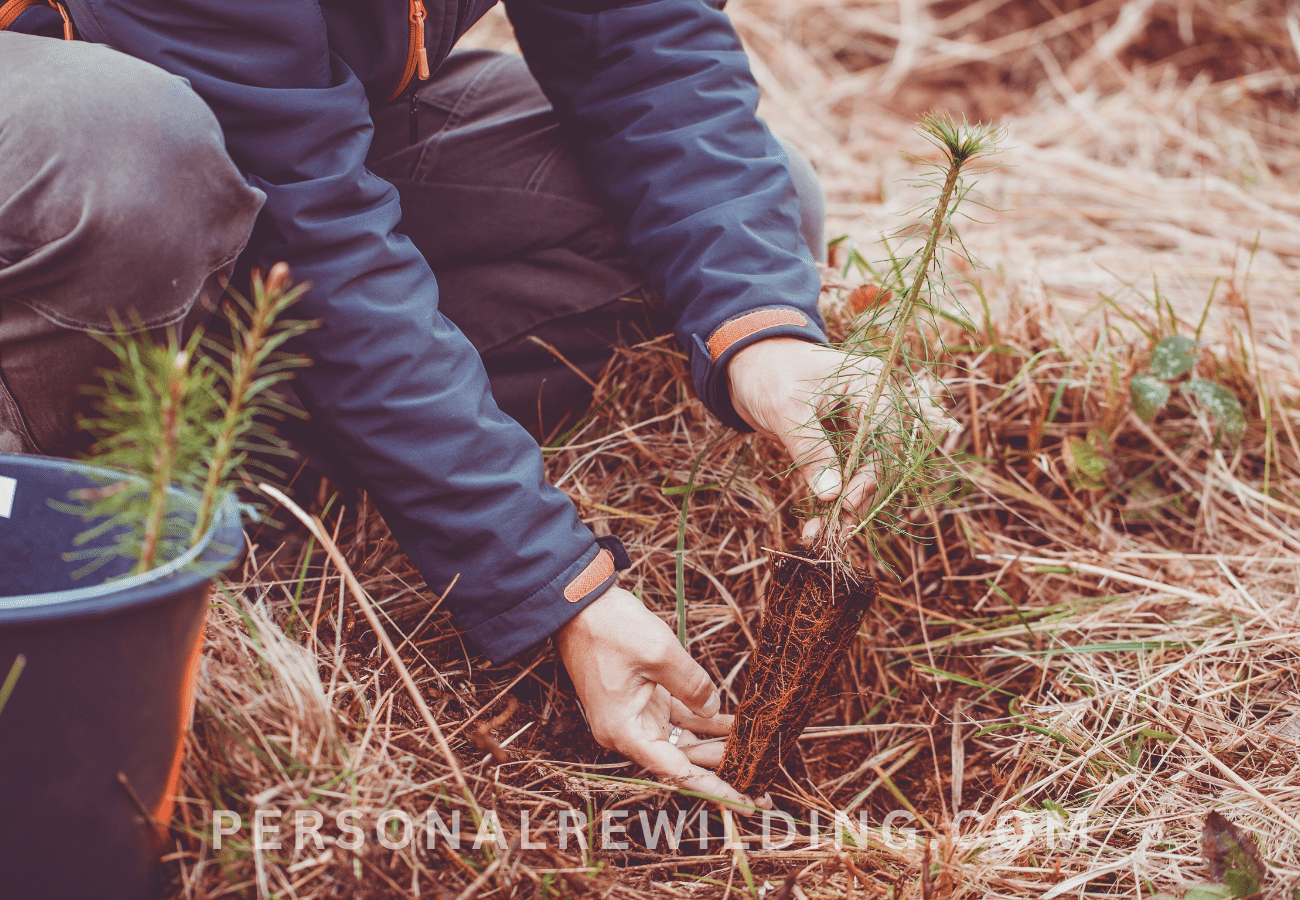- Home
- Conservation Efforts
Environmental Conservation Efforts
As an outdoor enthusiast, your love for nature probably extends beyond just experiencing it – you desire to protect it too. Environmental conservation efforts are widespread and play a vital role in maintaining the health of the planet.
In the face of overwhelming environmental challenges, it's easy to feel helpless. That sense of helplessness can lead to an unwillingness to act and involve yourself in environmental efforts. The scale of the problems seems too large.
Thankfully, there are countless ways you can make a positive difference, from small changes in your daily lifestyle to contributing to larger, organized campaigns.
Conservation Organizations
First and foremost, investing in conservation organizations can focus and magnify the value of individual conservation actions, whether through monetary contributions, your time, or the donation of special skills or knowledge.
Leading nonprofit organizations such as The Nature Conservancy, The Sierra Club, the World Wildlife Fund, and Conservation International rely heavily on financial contributions from individuals. Donations, both large and small, can propel their global conservation efforts, fueling everything from on-the-ground preservation projects to voter education campaigns aimed at promoting environmentally friendly policy changes.
These organizations have established networks of volunteers, resources, and influence to turn your donations or assistance into real world change. Each have a unique sphere of expertise and influence, so choose a reputable organization that most aligns with your personal passions.
Whatever your area of interest, there is an environmental organization for you. Love birds? Consider contributing to organizations like the Audubon Society, which works tirelessly to secure the future for birds at risk.
Interested in supporting impactful rewilding projects? Have a look at Mossy Earth, which focuses on restoring biodiverse habitats across the world, from kelp forests to butterfly and wildlife habitats.
Indigenous communities play a unique role in conservation due to their historical and spiritual ties to the land. Supporting organizations that help protect Indigenous rights can consequently bolster conservation efforts.
In addition to monetary gifts, your volunteered time is an invaluable asset to many conservation organizations. An excellent example is the U.S. National Park Service, which welcomes volunteer efforts in many parks.
Whether you choose to contribute as a tour guide, a conservationist, or a helping hand in maintaining trail and facility cleanliness, each act reduces the burden on the organization's resources.
Utilizing Your Skills
For those with specialized skills or experience, consider utilizing your expertise for the causes that matter most to you. Are you a tech enthusiast? Help develop software or apps that aid in tracking endangered or invasive species. Are you a lawyer by trade? Offer to advocate for environmental legislation. The possibilities are endless!
If you're a photographer or artist, share your skills by capturing the beauty of nature. Your images be a potent advocacy tool, raising awareness of the importance and urgency of conservation efforts.
Travel lovers can contribute as well! Eco-tourism enables you to support businesses that prioritize sustainable practices and conservation of local ecosystems. Moreover, you can volunteer for beach cleanups during your coastal vacations or consider a “volunteer vacation” with conservation at its heart.
In the digital age, social media platforms are powerful tools for sparking interest and action towards environmental conservation. Share information, start meaningful conversations, and engage others in the cause.
Get Political
Regardless of your political leanings or beliefs, your influence can catalyze change. Elected officials and decision-makers pay attention to their constituents' views. If you're passionate about conservation efforts, express that passion by signing petitions, writing or calling politicians, or engaging in grassroots lobbying for policy change.
Vote for the change you want to see and hold your elected officials accountable to uphold responsible environmental policies. Environmental stewardship needn’t be left or right. It is of central importance to everyone that action be taken to preserve what we have left and restore what can be restored.
Stay Local
Local land trusts and preserves are yet another avenue for conservation effort. These organizations protect and manage land in your own backyard through donations and volunteerism. Pitching in might involve surveying wildflowers, testing water quality, or maintaining trails.
For example, just within a few miles of my home there are two county conservation areas and a wetlands restoration area. Both exist primarily on tax dollars and grants, but welcome donations and volunteers to help maintain and restore their lands with limited resources.
The local waterfowl refuge in particular has displayed the real-world impact of these restoration projects. Over the past twenty years, this project has restored empty and lifeless agricultural land to its original wetland and prairie state. Life flourishes there – rare water birds, butterflies and aquatic life, amphibians and reptiles, native plants in a thousand colors and textures.
It only takes the briefest of walks there to realize how lifeless and changed our man-made and sanitized landscapes truly are.
Many of us have an innate love for wildlife. Wildlife rehabilitation centers could use your help caring for injured or orphaned animals. Your care for these creatures might just be the difference between life and death.
Planting trees is another fantastic individual conservation action. Trees absorb CO2, helping mitigate climate change. Even if you have limited yard space, partnering with organizations like the Arbor Day Foundation lets you sponsor tree-planting in desperate areas.
There's a lot to appreciate about farms that produce food in harmony with nature. By supporting organic local farms, you contribute to a system that aids soil fertility, biodiversity, and lowers greenhouse gas emissions.
Workplace Impact
Your place of work can also be a high-impact area for conservation efforts. Businesses frequently generate high volumes of waste, carbon emissions, and energy usage, and they’re often ripe for improvement.
Establish or participate in company-led initiatives for recycling, reducing waste, saving energy or water usage, or minimizing carbon emissions. In so doing, you create a ripple effect of sustainability and awareness in the workplace.
Many businesses also sponsor or support employee volunteerism in the community. This can be a great opportunity to drive interest in local environmental events or gather employer sponsorship of environmental initiatives.
Many employers also sponsor local events like cleanup days at area parks or electronic recycling drives, which are great opportunities to get involved. If your employer doesn’t currently participate in these types of events, consider using your corporate suggestion system to recommend, organize, and drive change within your workplace.
Youth Education
Our youth are the future stewards of the earth. Educational outreach in schools and setting a positive example to our children and neighborhood youth offers a lasting impact.
Offering to give talks on the importance of conservation at schools or libraries, or participating in outdoor field trips, are significant steps in fostering a love for nature in young hearts and minds.
No matter your skills, situation, or resources, there are countless avenues to support conservation efforts. It starts with your simple actions. Step into the gap, lead by example, and watch your positive influence expand, creating ripples that extend far beyond ourselves.





